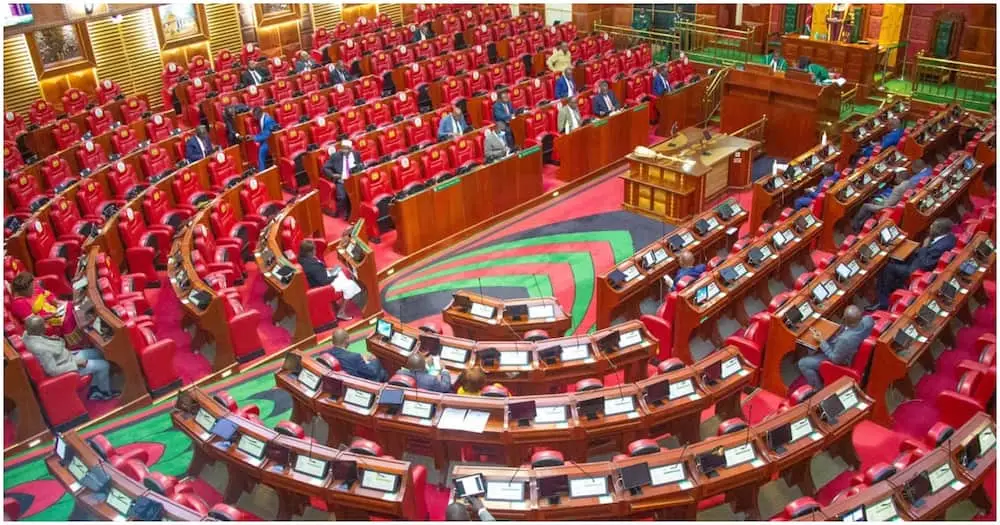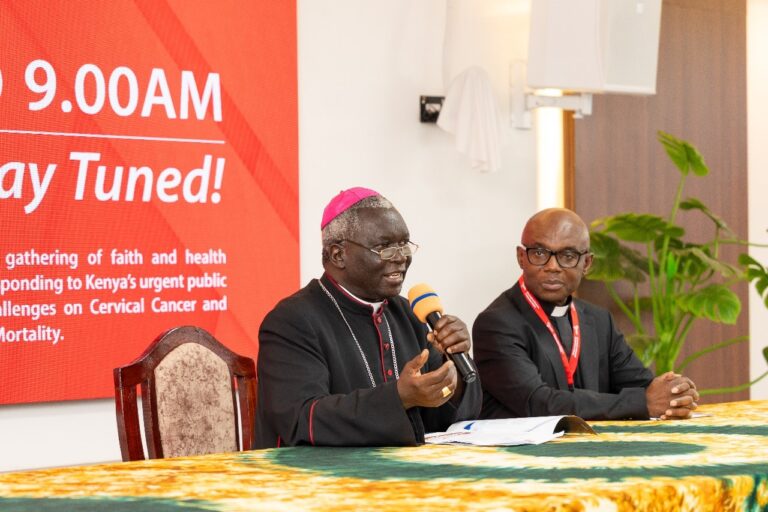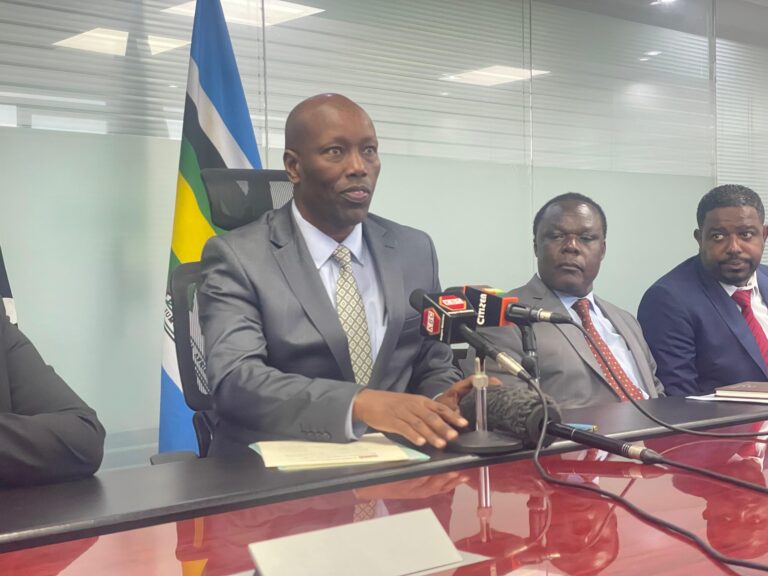President Ruto Rejects Conflict of Interest Bill – The Kenyan Wall Street
President William Ruto will not assent to the Conflict of Interest Bill passed by Parliament after expressing concerns that it fails to sufficiently regulate the reception of gifts by public officials and their families, a gap he argues could be exploited to mask corruption.
- In a memorandum to lawmakers, President Ruto recommended amendments to require public officials to disclose not only the gifts they receive but also those received by their close relatives.
- The current version of the bill, he contended, could be circumvented by funneling gifts to family members thus effectively bypassing the proposed law’s intention.
- Another key proposal the President made seeks to introduce precise definitions for terms like “family,” “relative,” and “undeclared asset” to broaden accountability and prevent officials from hiding wealth.
To further streamline enforcement, President Ruto has recommended consolidating administrative authority under the Ethics and Anti-Corruption Commission (EACC). By granting the EACC exclusive oversight, the bill will eliminate confusion and overlap caused by multiple bodies overseeing compliance.
The Presidential directive also seeks to empower EACC with the role of initiating forfeiture proceedings for undeclared or unexplained assets. This aims to introduce consequences for concealing wealth, a persistent issue in Kenya’s public sector.
EACC was engaged in a tussle with the Senate over a flurry of amendments and deletions to the bill, including sections barring public officials from trading with public entities in which they work. The perspective was that the changes reshaped the bill, decriminalising conflict of interest as a form of corruption and removing the anti-graft body’s jurisdictional mandate.
In the memo, Ruto also wants lawmakers to prohibit public officers from acquiring interest in businesses that are party to a contract with the entities they work for. This is aimed at sealing the award of tenders or financial contracts based on the public officer’s influence.
The anti-corruption bill comes at the backdrop of a KSh 97 billion loan that Kenya expects to receive from the World Bank in June this year. The facility is part of a larger KSh 155 billion package from the development policy-operation (DPO) intended to quell the country’s fiscal pressure.
The strengthening of the Conflict of Interest Bill, first tabled in parliament in 2023, is crucial to convincing debt financiers that accountability will be enforced.








